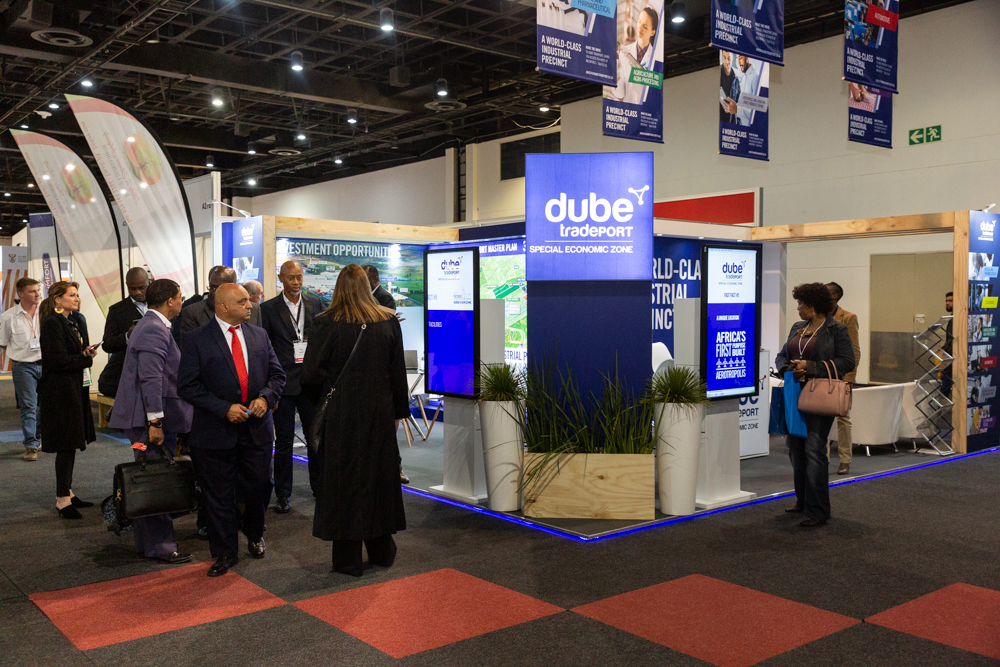Special Economic Zones (SEZs) and Industrial Development Zones (IDZs) play a vital role in promoting economic growth, attracting investments and driving industrialisation in Africa. As the world embraces rapid technological advancements, it is crucial for SEZs and IDZs to adapt and adopt technological change to remain competitive and foster sustainable development. The importance of integrating technology into SEZs and IDZs across Africa and the benefits it brings to businesses and local communities, is further highlighted below:
Infrastructure Development: Technological advancements, such as smart infrastructure, digital connectivity and renewable energy solutions, are critical for creating a conducive environment for businesses in SEZs and IDZs. Upgrading physical infrastructure, including robust telecommunications networks, reliable power supply and efficient logistics systems, enhances operational efficiency, attracts investments and facilitates seamless connectivity with global markets.
Digital Transformation: SEZs and IDZs can drive digital transformation by leveraging technologies such as the Internet of Things (IoT), Artificial Intelligence (AI), cloud computing and data analytics. These technologies enable streamlined processes, enhanced productivity, and data-driven decision-making. Adopting digital platforms and solutions for administrative processes, trade facilitation and business services simplifies procedures, reduces bureaucracy, and promotes a business-friendly environment.
Innovation and R&D: SEZs and IDZs are ideal hubs for fostering innovation, research and development. By encouraging collaboration between businesses, universities, research institutions and manufacturing start-ups, these zones can catalyse technological breakthroughs and drive industry-specific innovation. Promoting technology clusters, incubators and innovation centres within SEZs and IDZs nurtures an ecosystem that supports entrepreneurship, skills development and knowledge sharing.
Skills Development: Incorporating technological change in SEZs and IDZs requires a skilled workforce capable of leveraging digital tools and technologies. Implementing training programmes, vocational education and upskilling initiatives equips local communities with the necessary skills to participate in the digital economy. Collaboration between SEZs, IDZs, educational institutions and industry stakeholders ensures that the workforce remains competitive, adaptable and capable of meeting the evolving demands of technological advancements.
Sustainable Development: Technological innovations can contribute to sustainable development goals by promoting resource efficiency, renewable energy integration and environmentally friendly practices within SEZs and IDZs. Embracing green technologies, circular economy principles and sustainable manufacturing practices minimizes environmental impacts and enhances the zones’ long-term viability.
Supporting the development of SEZs and IDZs, the Manufacturing Indaba Conference, taking place from the 24 – 25 October 2023 in Sandton, will feature a focused discussion on: ‘SEZs and IDZs in Africa, are they embracing technological change’. The aim of this session will explore how SEZs and IDZs in Africa can create an enabling environment that attracts investments, fosters innovation and drives economic growth. Collaboration between governments, businesses, academia, and technology providers is crucial in developing a roadmap for technological integration and ensuring the inclusive and sustainable development of these zones.



